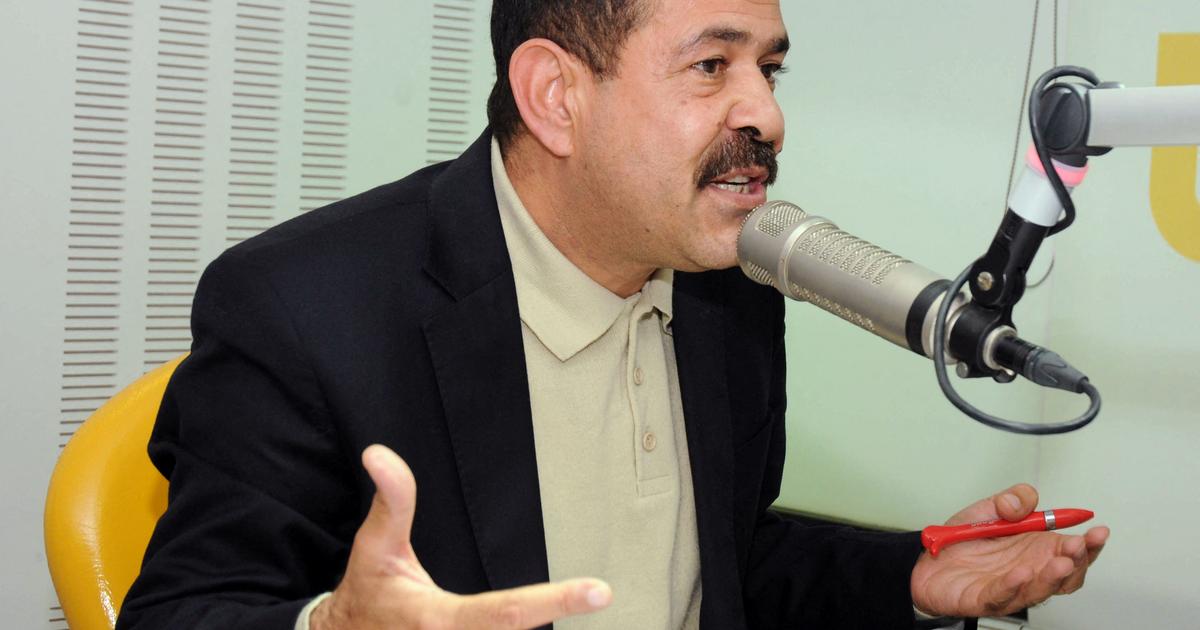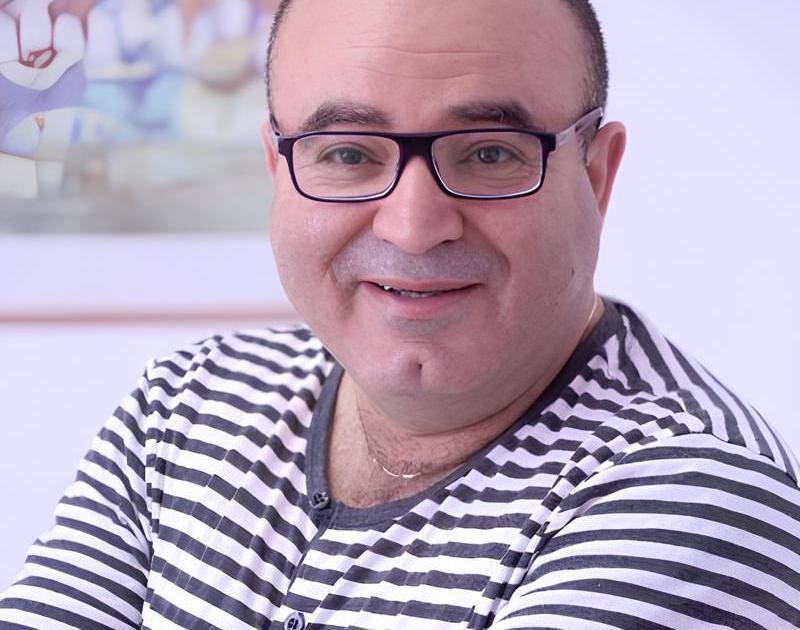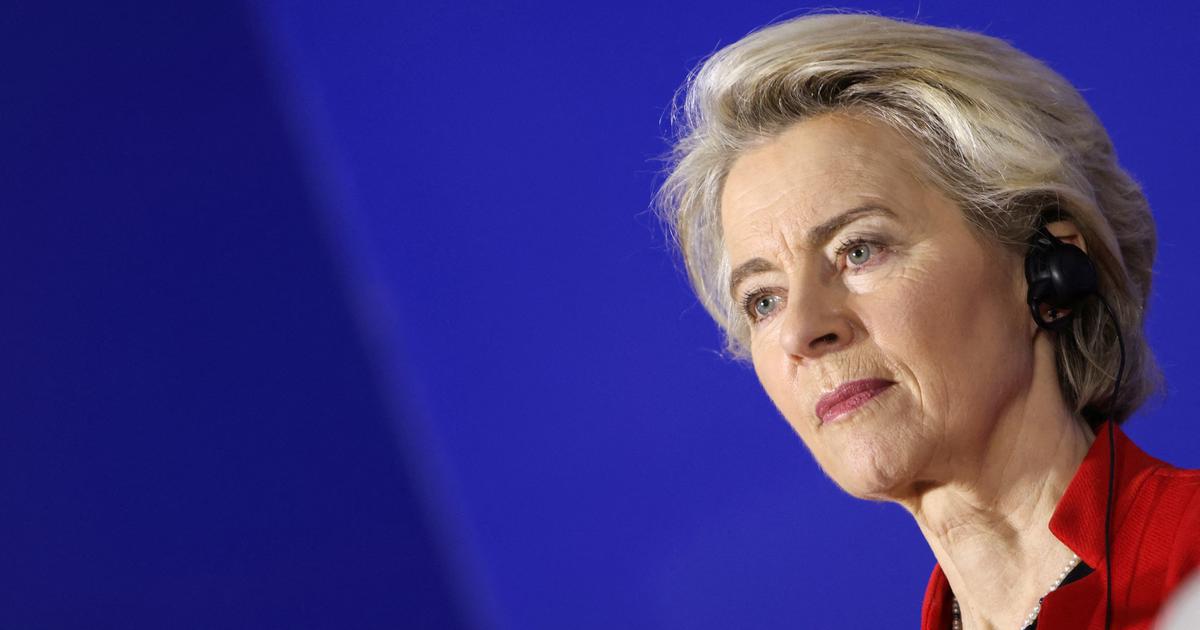As the hours pass and the various political actors take a position, it is increasingly evident that the Tunisian president, Kais Said, will be able to negotiate from a position of strength the way out of the institutional crisis that opened last Sunday by assuming full powers. , remove the prime minister, and suspend the activity of Parliament. Although his opponents, led by the moderate Islamist Ennahda party, condemned his actions as a “coup d'état”, in recent hours they have chosen to lower the tone, thus removing the specter of a civil confrontation. The fact that the fired prime minister, Ennahda ally Hichem Mechichi, broke his silence to accept his removal has also helped to temper spirits.
After a meeting of its highest governing body on Monday night, Ennahda issued a statement urging Said to return to the constitutional path, and urging to open a process of dialogue in order to resolve the crisis and safeguard the democracy.
"The movement calls on all Tunisians for greater solidarity, synergy and unity to face all calls for sedition and confrontation," the statement read.
More information
Tension in Tunisia worsens after the president dismisses other members of the Government
Tunisian President assumes full powers amid protests and opens constitutional crisis
Ennahda thus rectified her strategy in the hours after Said's ordeal. Then, the Islamist cadres encouraged their militants to gather in front of the gates of Parliament, seized and closed by the security forces. On various occasions, there were scenes of tension between the police and hundreds of protesters, as the latter tried to break into the parliamentary seat by force. Likewise, there were also minor altercations with followers of Said who approached the place. Instead, this Tuesday, the streets regained calm and no incidents were recorded.
The evolution on the international front has also served the interests of the heterodox Tunisian president. Although the first reaction of a power, Turkey, was of forceful censorship, the following ones have endorsed its theses, as in the case of Saudi Arabia, or at least have limited themselves to putting themselves in profile, like the United States and France, two countries with great influence in the Maghreb country. Secretary of State Antony Blinken spoke with Said on Tuesday by phone and conveyed Washington's support for Tunisia, reiterating the importance of guaranteeing rights and freedoms, as did the European Council. The day before, the White House rejected that there had been a coup. Instead, Egypt and the United Arab Emirates,that some analysts point out as the architects of Said's show of force because of their hostility towards Islamist movements, have opted for discretion.
Said's decision to concentrate all powers in his hands in a controversial interpretation of article 80 of the Constitution, reserved for those cases of "imminent danger" to national security, has divided Tunisian society. The first reactions of the political parties pointed to the "unconstitutional drift" of the president, but in the last hours Said has garnered valuable support. For example, the PDL of Abir Moussi, former leader of the single party of dictator Ben Ali, whose overthrow marks 10 years, who now leads the polls for a hypothetical legislative elections. Likewise, some leaders of the second party in Parliament, Qalb Tunis, such as deputy Ossama Khlifi, have rectified their opposition to what they had described as a "coup", and now defend the legitimacy of the gesture.
Join EL PAÍS now to follow all the news and read without limits
Subscribe here
The robust Tunisian civil society has welcomed Said's maneuvers with skepticism, but not outright hostility.
After a meeting, in which the president assured them that their exceptional measures were "temporary", several civil society organizations, including the powerful UGTT trade union center, signed a joint statement in which they demanded a clear roadmap from Said. , and that the suspension of the normal operation of the institutions should not last more than a month.
For its part, the Superior Council of the Magistracy claimed the independence of the judges and warned against possible interference from the Executive power after the dismissal of the Minister of Justice.
Meanwhile, the Tunisian press speculates on who will be the new prime minister. Among the favorites, Nadia Akacha, head of the presidential cabinet.

/cloudfront-eu-central-1.images.arcpublishing.com/prisa/Z6USPJFYEBHCXOYYBEYJPRJK4E.jpg)







